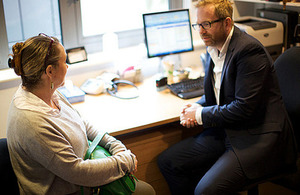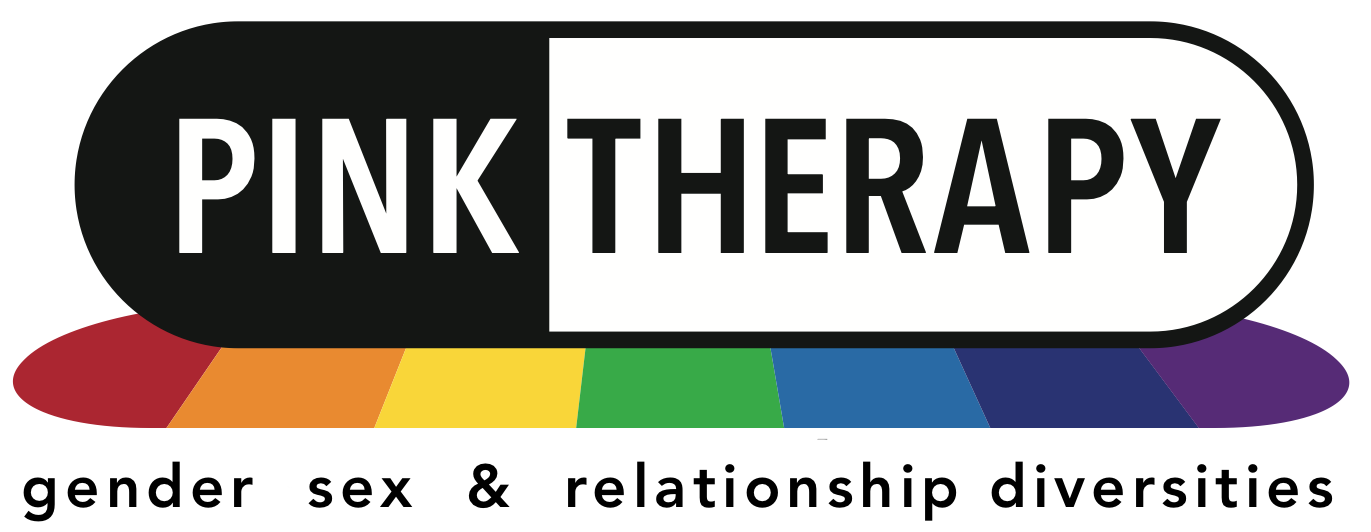
I’ve recently learned that it’s not uncommon for a trans person, who has had a diagnosis of Gender Dysphoria and requested their GP to enter into a shared care plan with the GIC or specialist treating the person to be declined hormones or shared care by the GP.
It would appear that this could be an offence worthy of reporting to the General Medical Council as it goes against advice from the Royal College of General Practitioners and the GMC. UPDATE 15/3/2016: The GMC have recently issued this guidance to GP’s
UPDATE: 6/4/2016: Dr James Barrett from Charing Cross GIC has written to the British Medical Journal “Doctors are failing to help people with gender dysphoria.”
I appreciate that some GP’s may feel unqualified to treat trans patients and so decline hormones. I doubt this lack of confidence gets applied to patients presenting with depression that the GP feels they must refer to a psychiatrist rather than prescribe anti-depressants! There is a very helpful online e-Learning programme made by GIRES which can bring a GP up to date on how to treat a trans or gender diverse person.
I have it on good authority that NHS England knows about this problem but has so far been ineffectual in addressing it. This is remarkable given that NHS England commissions each General Practice in England! They have contract non-compliance powers and they often fail to instigate them equality matters. If these GP’s are failing their trans patients they are probably also discriminating in other areas (failing to provide teenage girls with contraception or treating their LGB patients with sensitivity).
Some years ago the Lesbian and Gay Foundation (now the LGBT Foundation) produced quality standard for practices ‘Pride in Practice’.
In addition to the links above, I’ve put together a list of useful documents to help trans and gender variant people inform their GP and negotiate for better health care:
Royal College of Psychiatrists guidelines for the assessment and treatment of adults with gender dysphoria
Guidance for GP’s and other clinicians on the care of gender variant people
A guide to hormone therapy for trans people
Endocrine Treatment of Transsexual Persons: An Endocrine Society Clinical Practice Guidelines (US Document)
GMC Good practice in prescribing and managing medicines and devices (2013)
There is also this excellent health guide for Trans men, trans masculine and non binary people
Finally, since most people can’t afford to consult private therapists, there is this excellent guide written for trans and gender variant abuse survivors on accessing therapy
Dominic Davies
CEO Pink Therapy

